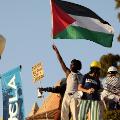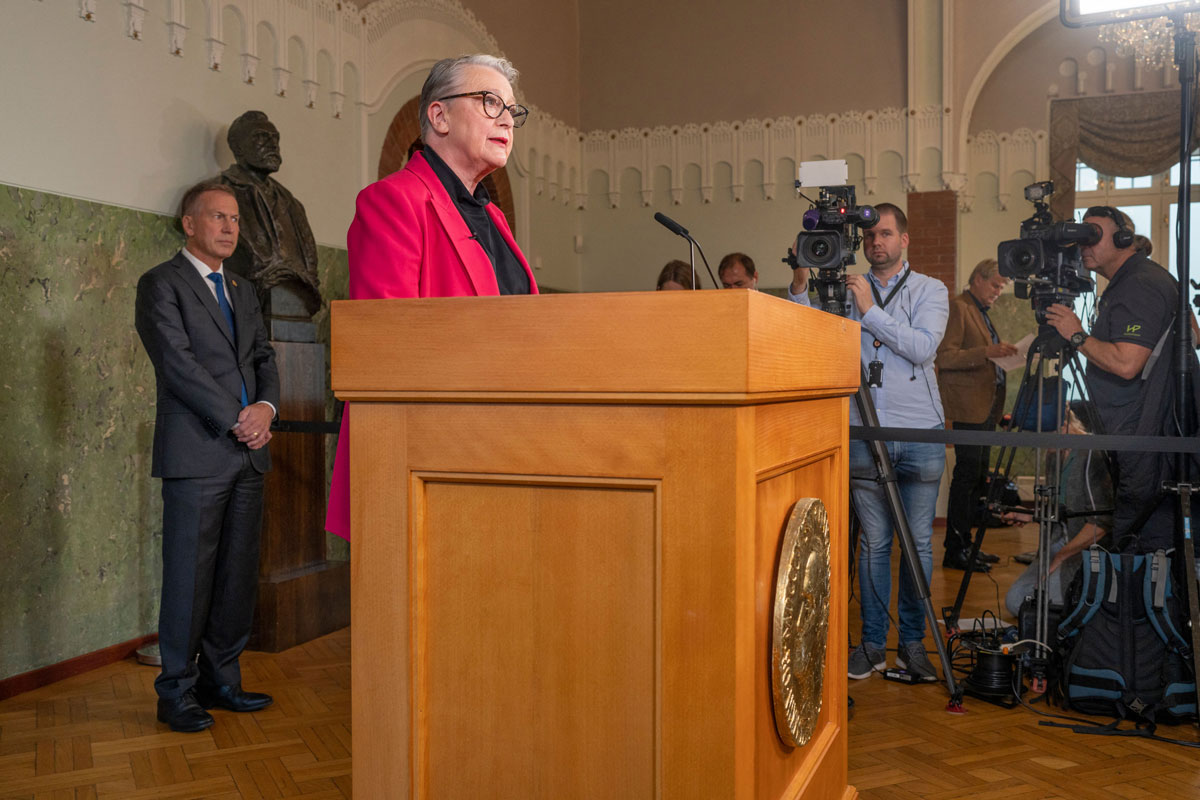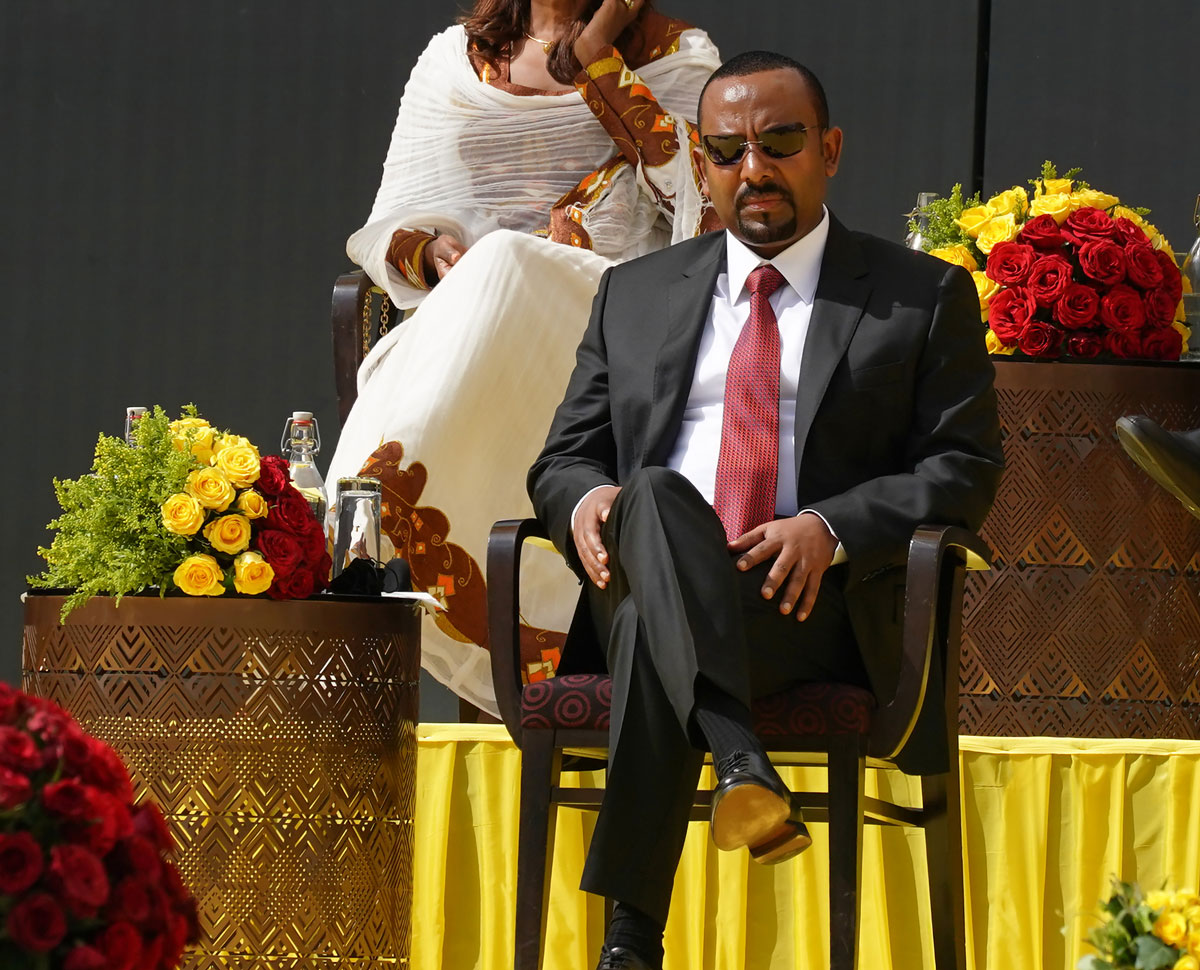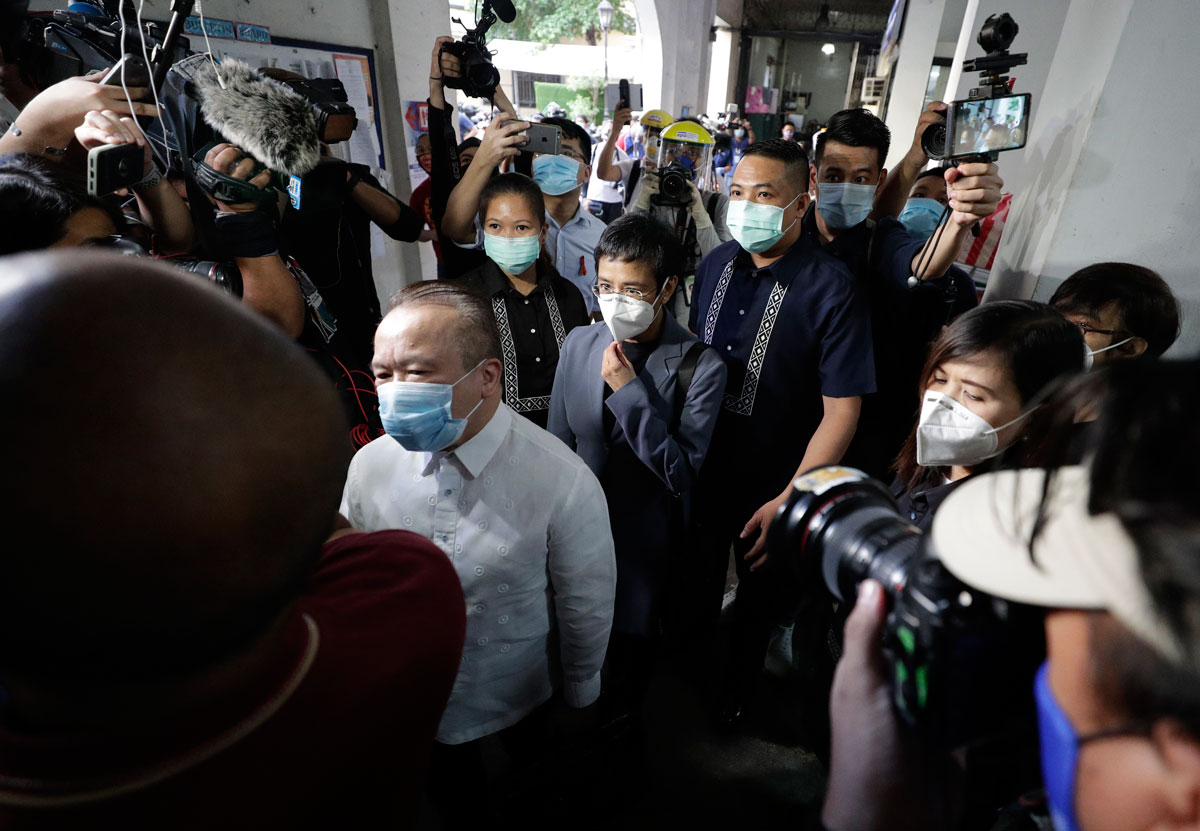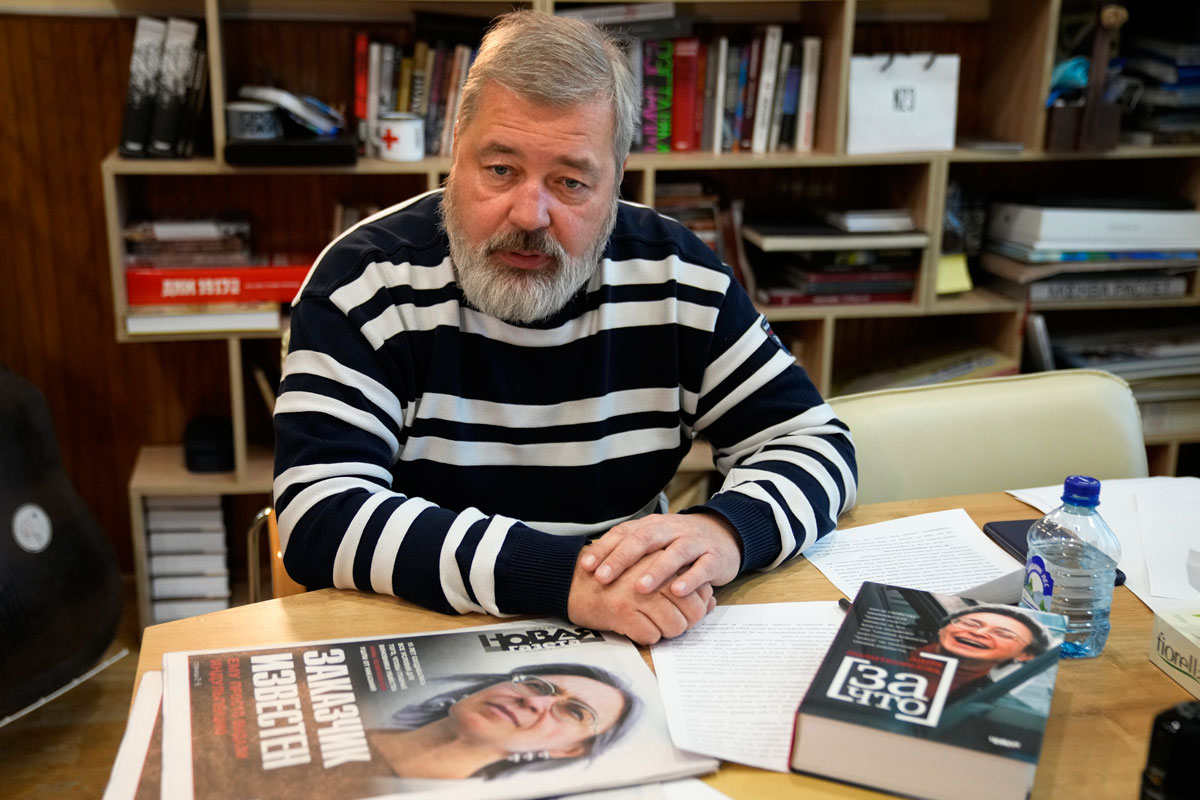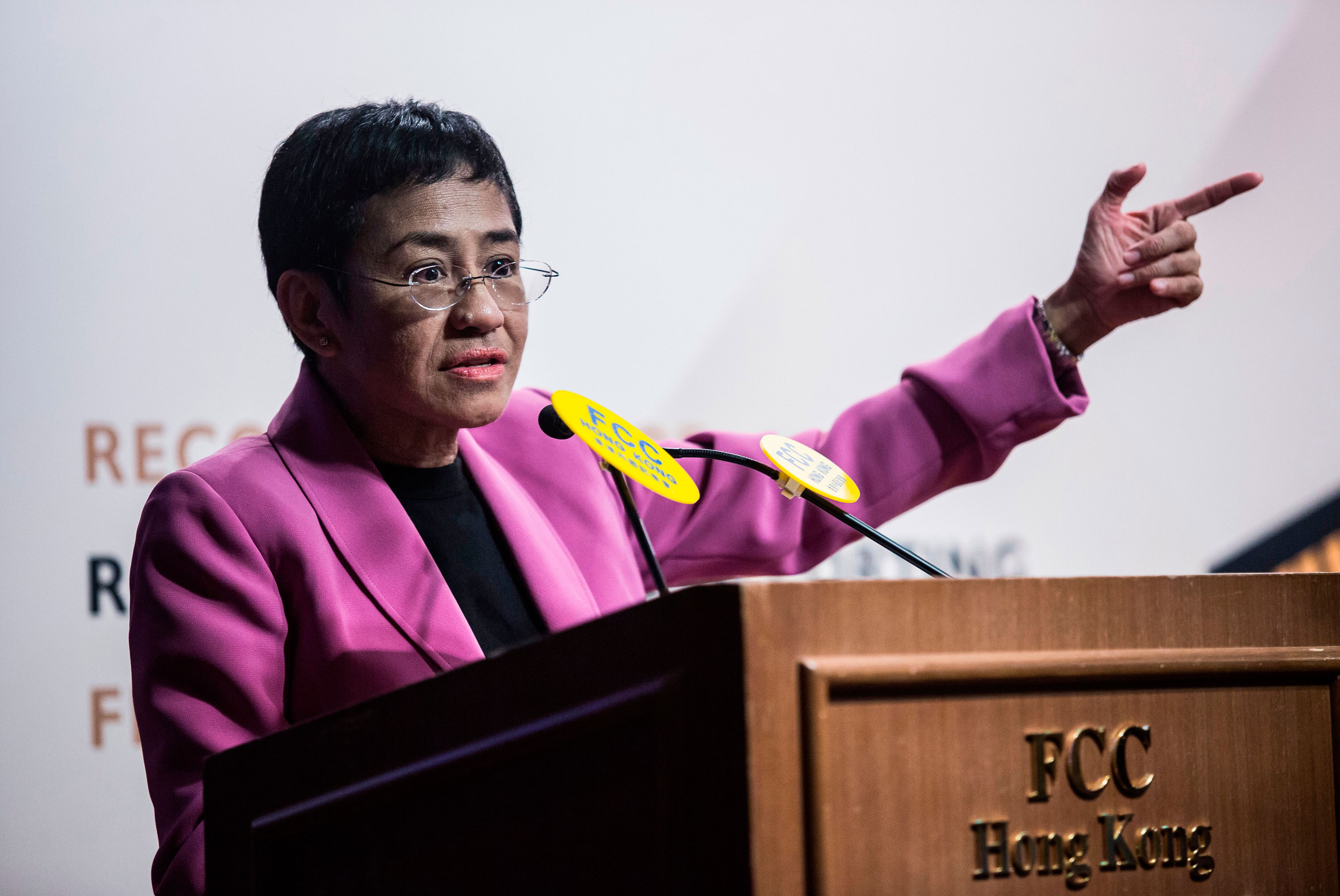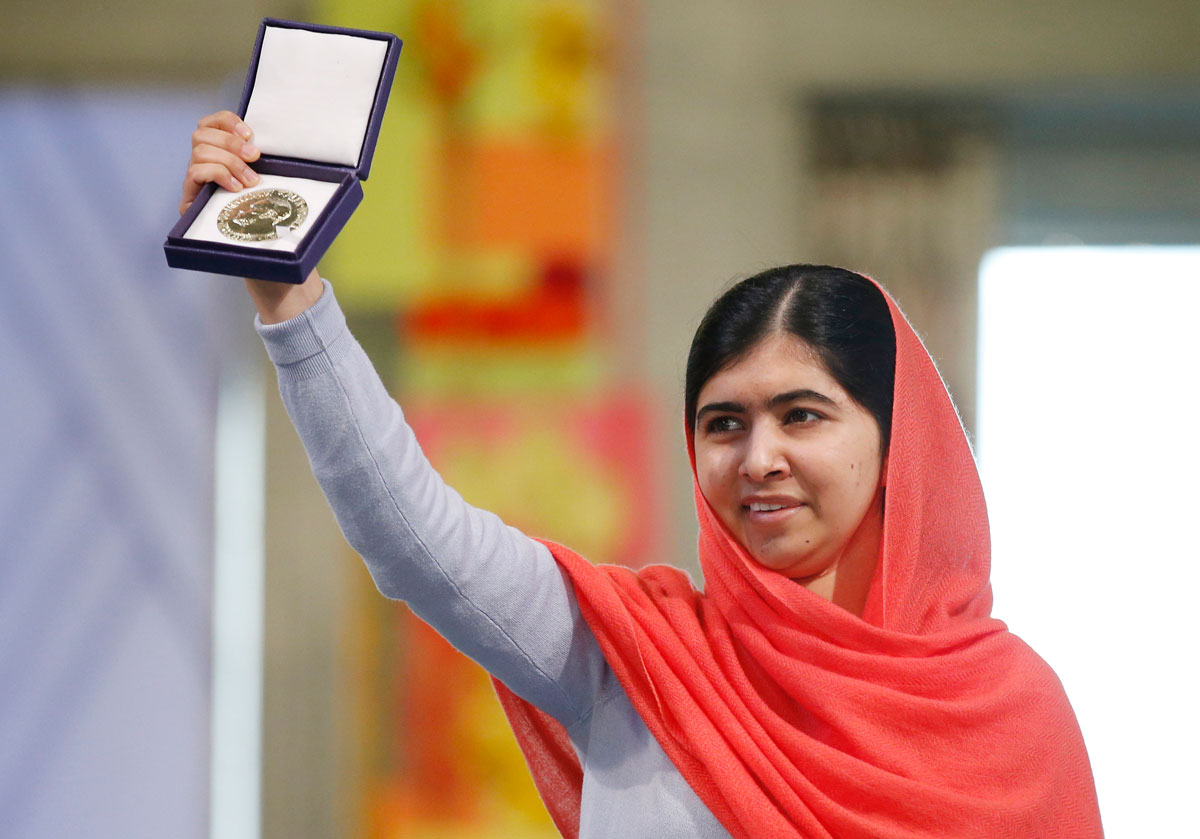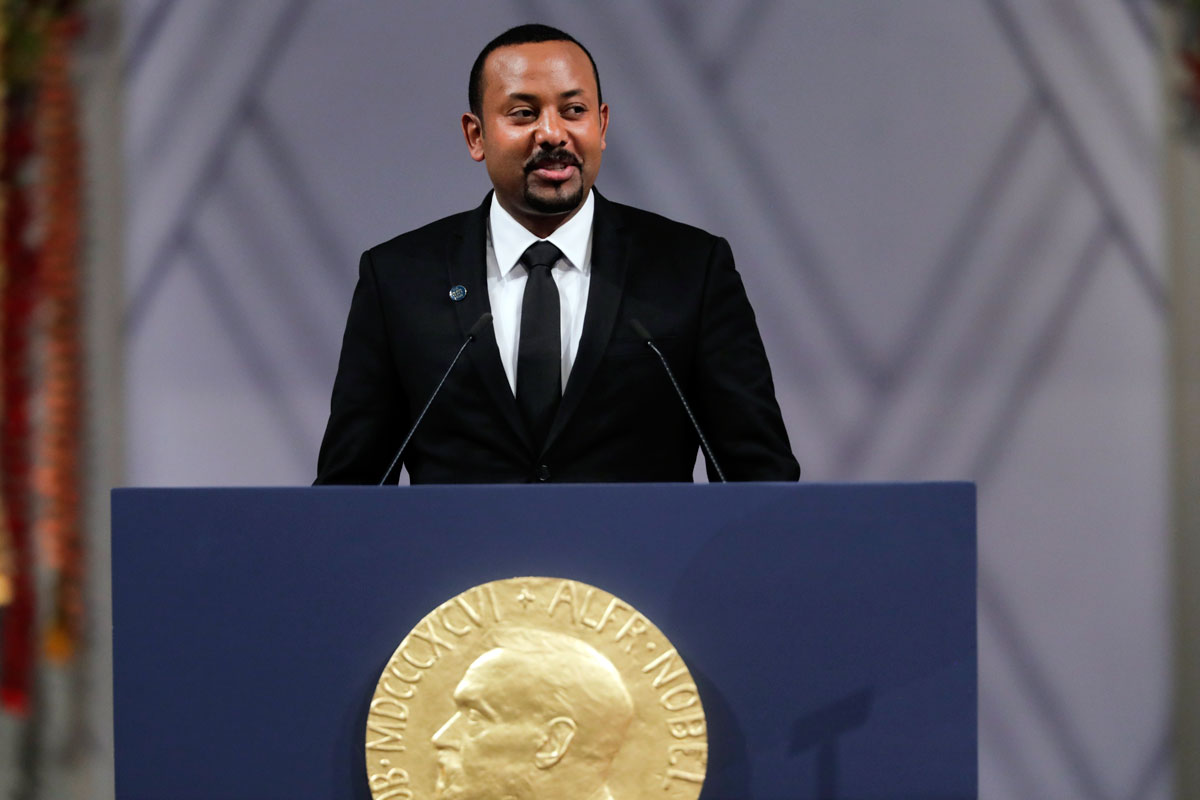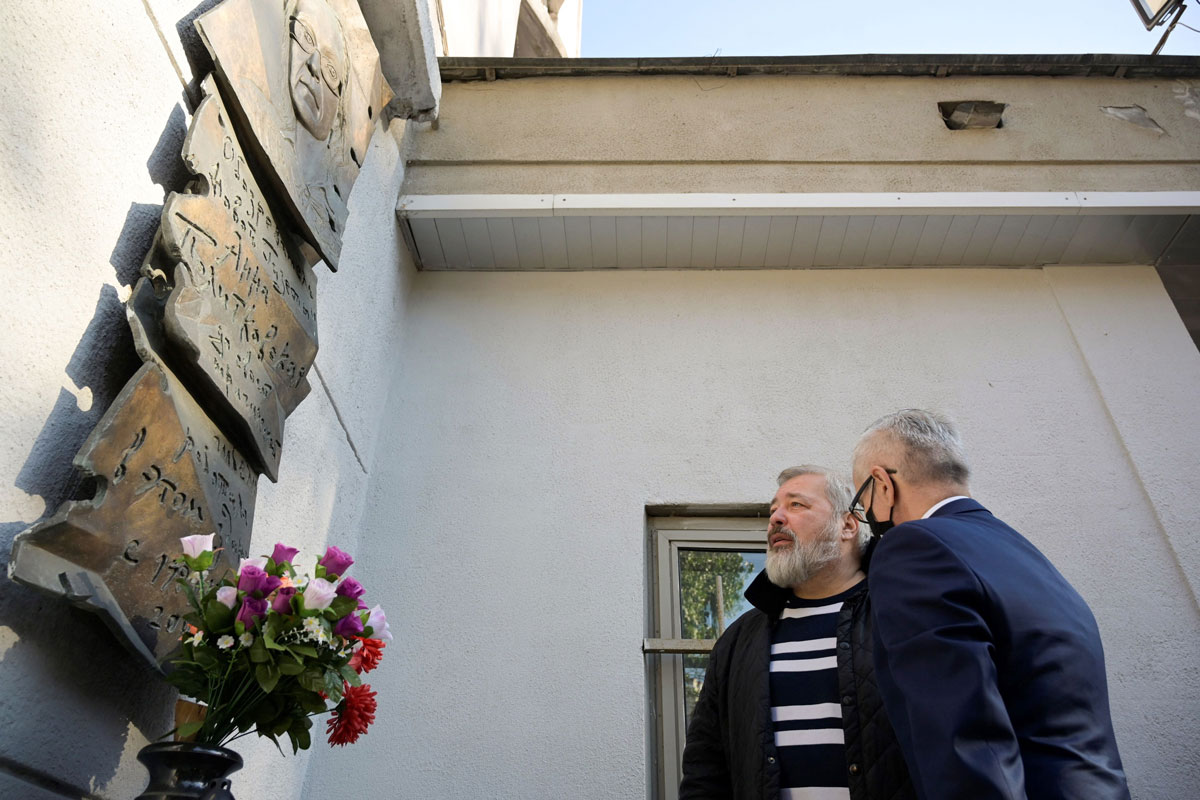
Dmitry Muratov, co-founder and editor-in-chief of Novaya Gazeta, said the Nobel Peace Prize he was awarded is a testament to the newspaper's dedication to free speech and his colleagues who have died fighting for it, Russian state media TASS reports.
"I worked, I was busy. They called me from the Nobel Committee, but I didn’t pick up the phone. I didn’t even have time to read the entire text. I’ll tell you this: this is not my merit. This is Novaya Gazeta. These are those who died defending the right of people to freedom of speech. Since they are not with us, they apparently decided that I should tell everyone. This is Igor Domnikov, this is Yura Shchekochikhin, this is Anna Stepanovna Politkovskaya, this is Nastya Baburova, this is Natasha Estemirova, this is Stas Markelov. Here is the truth. I think so. Truthfully. This is for them," Muratov told TASS.
Anna Politkovskaya, once a leading voice in Russia reporting on the Chechnya war for Novaya Gazeta, was killed 15 years ago on Thursday. Muratov and other former colleagues commemorated Politkovskaya in a ceremony outside the newspaper's offices in Moscow.
According to the Committee to Protect Journalists, Politkovskaya repeatedly received death threats and was attacked for her investigative reporting, including in a purported poisoning attempt. She was renowned for her critical coverage of the Kremlin and Russian President Vladimir Putin. Politkovskaya was 48 when she was shot dead at her Moscow apartment building on October 7, 2006, on Putin's 54th birthday.
Fifteen years after her death, her assessment of independent journalism and media in Russia remains pertinent.
"If you want to go on working as a journalist, it's total servility to Putin. Otherwise, it can be death, the bullet, poison, or trial -- whatever our special services, Putin's guard dogs, see fit," she wrote in her 2004 book "Putin's Russia."


